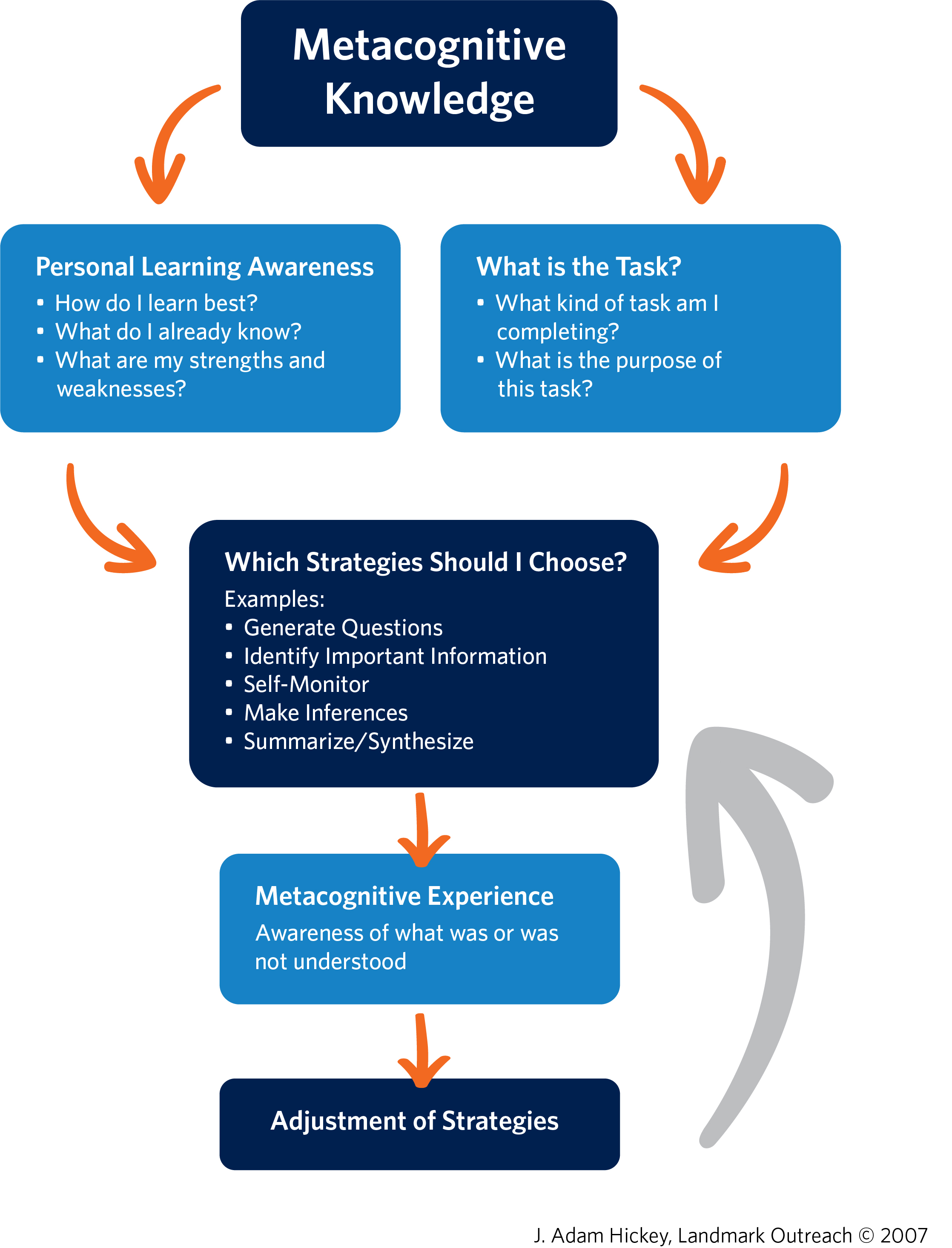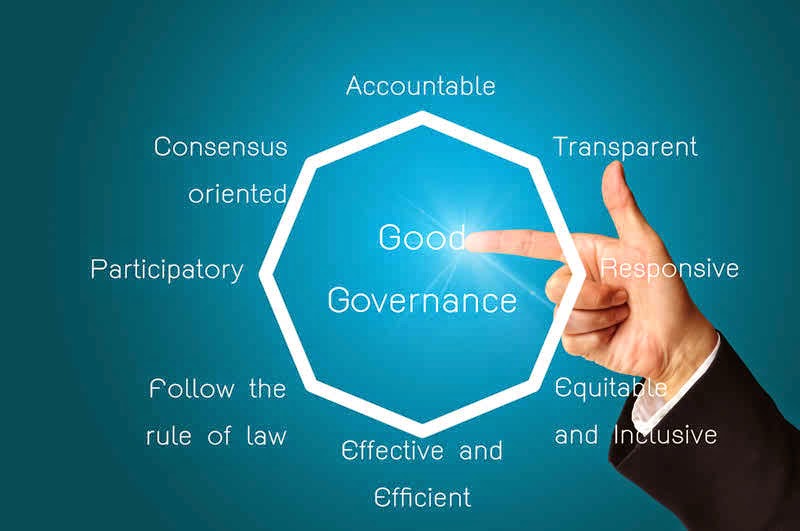Beliefs of pre-service teachers and their impact on teaching practice Beliefs of pre-service teachers regarding future teaching practice – Frontiers

Report on Pre-Service Teacher Beliefs and Implications for Sustainable Development Goal 4
Introduction: Assessing Teacher Training Efficacy in the Context of SDG 4
The efficacy of initial teacher training programs is fundamental to achieving Sustainable Development Goal 4 (SDG 4), which aims to ensure inclusive and equitable quality education. The beliefs that future educators develop during their training directly influence their pedagogical identity and classroom practice, impacting the quality of education delivered. This report details a study analyzing the beliefs of pre-service secondary education teachers at the University of La Laguna (ULL). The objective was to understand how a master’s-level training program affects these foundational beliefs, which act as critical filters for interpreting and implementing educational strategies aligned with SDG 4 targets, particularly Target 4.c, concerning the supply of qualified teachers.
Methodology
Research Design
A mixed-methodology approach was employed to provide a comprehensive analysis. This dual approach ensures both quantitative measurement and qualitative depth, offering robust insights into the effectiveness of teacher training programs in shaping educators prepared to advance SDG 4.
- Quantitative Analysis: A questionnaire, adapted from Perez Gracia (2022), was administered to 207 students at the beginning and end of the 2022-2023 academic year. This measured changes in beliefs regarding key aspects of the teaching profession.
- Qualitative Analysis: Data was collected from a focus group involving study participants to explore the nuances and reasoning behind their beliefs.
Key Findings: Stagnation in Beliefs Despite Advanced Training
The study’s results indicate a notable lack of significant change in the core beliefs of future teachers following the completion of their master’s degree program. This finding suggests a potential misalignment between current teacher training curricula and the transformative goals of SDG 4.
Persistent Core Beliefs
Analysis of both pre- and post-training data revealed that participants consistently prioritized the same aspects of the teaching profession. These enduring beliefs include:
- Mastery of Specific Content: A primary emphasis on deep knowledge of their specific academic discipline.
- Practical Training Model: A strong preference for training models that are heavily based on practical, hands-on experience rather than theoretical instruction.
- Teaching as a Vocation: A conviction that a strong, inherent calling to the profession is a prerequisite for effective teaching.
Conclusion and Recommendations for Aligning Teacher Training with SDG 4
Implications of Findings
The absence of significant evolution in teacher beliefs after a master’s program is a critical concern. It indicates that the training may not be adequately equipping future educators with the dynamic, student-centered, and inclusive pedagogical skills required to deliver on the promise of SDG 4: Quality Education. While content mastery and vocation are important, an overemphasis may overshadow the need for skills in differentiation, inclusivity, and education for sustainable development, as outlined in SDG Target 4.7.
Strategic Recommendations
To better align teacher training with the objectives of SDG 4, the following interventions are recommended:
- Integration of Early and Sustained Practical Experience: Training programs must embed early and continuous practical experiences to allow pre-service teachers to confront and adjust their beliefs in real-world settings.
- Curricular Emphasis on SDG 4 Competencies: Initial teacher training must explicitly integrate pedagogical approaches that support inclusivity, equity, and sustainable development to move beyond a narrow focus on content delivery.
- Fostering Reflective Practice: Implement structured opportunities for critical reflection, enabling future teachers to connect their personal beliefs to the broader professional and societal responsibilities of an educator in the 21st century.
SDGs Addressed in the Article
-
SDG 4: Quality Education
The article is fundamentally centered on improving the quality of education. It directly addresses this goal by investigating the “initial teacher training” and the “beliefs” of future secondary education teachers. The study’s focus on enhancing “Educational Quality” through better “Educational strategies” and “Teaching skills” is a core component of SDG 4, which aims to ensure inclusive and equitable quality education for all. The quality of teachers, which is the subject of the research, is a critical determinant of the quality of education students receive.
Specific Targets Identified
-
Target 4.c: Substantially increase the supply of qualified teachers.
This is the most relevant target. The article’s entire focus is on the “initial teacher training” of “future secondary education teachers” through a “Master’s Degree in Teacher Training at the University of La Laguna (ULL).” The study analyzes the effectiveness of this training by examining whether it changes teachers’ beliefs, with the implicit goal of improving the training process to produce more effective and qualified teachers. The research highlights the need for “training interventions that integrate early practical experiences” to better prepare teachers, directly contributing to the goal of increasing the supply of *qualified* educators.
-
Target 4.1: Ensure that all girls and boys complete free, equitable and quality primary and secondary education leading to relevant and effective learning outcomes.
While the article focuses on teachers rather than students, the quality of teacher training is directly linked to student learning outcomes. The study’s concern with teachers’ “mastery of specific contents” and “Teaching skills” implies a focus on preparing educators who can deliver effective instruction, which is essential for students to achieve “relevant and effective learning outcomes” in secondary education.
-
Target 4.4: Substantially increase the number of youth and adults who have relevant skills, including technical and vocational skills, for employment, decent jobs and entrepreneurship.
The Master’s degree program discussed in the article is a form of higher education that provides students with the specific “Teaching skills” required for employment as secondary school teachers. The study’s finding that future teachers value a “practical training model” underscores the importance of developing relevant, hands-on skills for the teaching profession, aligning with the objective of this target.
Indicators Mentioned or Implied
-
Indicator for Target 4.c: Proportion of teachers with the minimum required training.
The article implicitly refers to this indicator by focusing on a specific, formal training program: the “Master’s Degree in Teacher Training.” The study population of “207 students” represents a cohort undergoing the required pre-service training to become qualified teachers. The existence and analysis of such a program are central to measuring the proportion of teachers who receive organized pedagogical training.
-
Implied Indicator: Assessment of the effectiveness of teacher training programs.
The study itself serves as a method for measuring progress. It uses a “questionnaire” and a “focus group” to collect data on the “beliefs of future secondary education teachers” before and after their training. The measurement of whether beliefs have “changed” or if there are “significant differences” after completing the master’s degree acts as a qualitative indicator to assess the impact and effectiveness of the training program in shaping a teacher’s professional identity and skills.
Summary of Findings
| SDGs | Targets | Indicators |
|---|---|---|
| SDG 4: Quality Education | Target 4.c: By 2030, substantially increase the supply of qualified teachers, including through international cooperation for teacher training in developing countries, especially least developed countries and small island developing states. |
|
| SDG 4: Quality Education | Target 4.1: By 2030, ensure that all girls and boys complete free, equitable and quality primary and secondary education leading to relevant and effective learning outcomes. |
|
| SDG 4: Quality Education | Target 4.4: By 2030, substantially increase the number of youth and adults who have relevant skills, including technical and vocational skills, for employment, decent jobs and entrepreneurship. |
|
Source: frontiersin.org

What is Your Reaction?
 Like
0
Like
0
 Dislike
0
Dislike
0
 Love
0
Love
0
 Funny
0
Funny
0
 Angry
0
Angry
0
 Sad
0
Sad
0
 Wow
0
Wow
0













































































